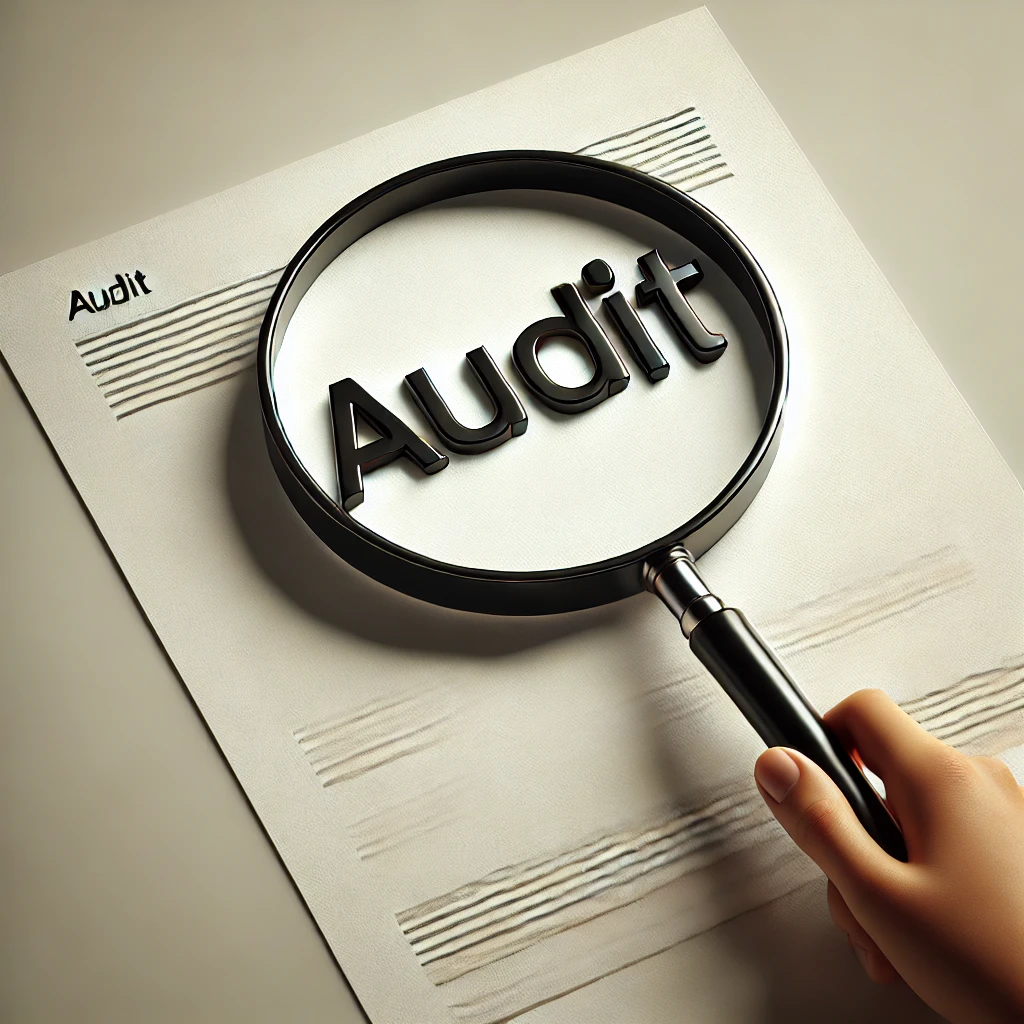
Running a construction business means juggling multiple projects, managing employees, and keeping track of finances. But what happens when the IRS or state tax authority decides to audit your business? While an audit can be stressful, knowing what to expect and how to prepare can make the process much smoother.
This guide walks you through the steps to take if your construction business is audited, helping you stay organized and avoid costly mistakes.
1. Understand Why You’re Being Audited
The first step in handling an audit is understanding why your business was selected. Some common reasons construction businesses get audited include:
- High Cash Transactions: If your business handles a lot of cash payments, it may raise red flags.
- Inconsistent or Unreported Income: The IRS compares reported income across various sources. If something doesn’t match up, it could trigger an audit.
- Large Deductions: If you claim significantly higher expenses compared to similar businesses, you may be asked to justify them.
- Misclassification of Workers: Independent contractors and employees have different tax treatments. Incorrect classification can result in an audit.
- Random Selection: Sometimes, audits are purely random and not related to any red flags.
Knowing why you’re being audited can help you focus your preparation efforts.
2. Stay Calm and Review the Audit Notice
If you receive an audit notice, read it carefully. The notice will specify:
- Which tax years are being audited
- The issues under review (e.g., income, deductions, payroll records)
- Whether it’s a mail audit, office audit, or field audit
- Mail Audit: The IRS requests additional documentation to support specific items on your tax return.
- Office Audit: You must visit an IRS office and present your records.
- Field Audit: An IRS agent visits your business location to examine your financial records.
Understanding the type of audit will help you determine what level of preparation is needed.
3. Gather and Organize Your Records
Once you understand what the audit is about, start gathering the necessary records. Common documents requested in a construction business audit include:
- Bank Statements (business and personal)
- Tax Returns (for the audited years)
- Receipts for Business Expenses
- Invoices and Contracts
- Payroll Records
- 1099 Forms for Independent Contractors
- Job Costing Reports
Keep all records well-organized to make it easier to respond to the auditor’s questions. If something is missing, consult your accountant to see how you can best address the gap.
4. Consult a Tax Professional or Accountant
If you don’t already work with a tax professional, now is the time to get one involved. A CPA or tax attorney experienced in construction business audits can:
- Help you understand what the IRS is looking for
- Communicate with the auditor on your behalf
- Ensure you provide the right documentation without offering unnecessary information
- Reduce the risk of penalties
At Copeland Bookkeeping, we specialize in bookkeeping and financial management for construction businesses. If you’re facing an audit or want to ensure your books are audit-proof, schedule a free consultation with us today. The cost of professional help is often worth it, especially if large deductions or misclassified workers are in question.
5. Respond Promptly and Honestly
Ignoring an audit notice will only make things worse. The IRS gives deadlines for providing requested documentation—make sure you meet them.
When responding:
- Be truthful—lying or withholding information can lead to bigger problems.
- Only provide what is requested—don’t volunteer extra documents that could open new areas of scrutiny.
- Keep records of all communication—track everything you send and receive from the auditor.
A well-prepared and professional approach can help minimize the audit’s impact.
6. Understand Potential Outcomes
Once the audit is complete, there are three possible outcomes:
- No Changes: The IRS accepts your records, and no additional tax is owed.
- Proposed Changes: The IRS finds discrepancies and proposes adjustments, which may result in additional taxes, penalties, or interest.
- Disagreement: If you disagree with the auditor’s findings, you can appeal the decision through the IRS Office of Appeals or even take the case to tax court if necessary.
If the audit results in additional taxes, work with your accountant to explore options such as payment plans or penalty reductions.
7. Take Steps to Prevent Future Audits
While no business is completely immune from audits, you can reduce your risk by:
- Keeping Detailed and Accurate Records—document all income and expenses.
- Using Accounting Software—QuickBooks, Xero, or other bookkeeping tools help ensure records are accurate.
- Working with a Professional Accountant—an experienced accountant can help you prepare tax returns correctly.
- Avoiding Common Red Flags—ensure workers are correctly classified, deductions are legitimate, and income is properly reported.
Good financial practices not only help prevent audits but also keep your business financially healthy.
Final Thoughts
An audit doesn’t have to be a nightmare if you stay organized and proactive. By understanding the process, keeping good records, and seeking professional help when needed, you can navigate an audit with confidence.
If you want to make sure your construction business is audit-proof, consider working with a bookkeeping expert who specializes in the construction industry. The right financial partner can help keep your books clean, compliant, and stress-free.
Would you like a free consultation to review your books and ensure you’re audit-ready? Contact us today!
